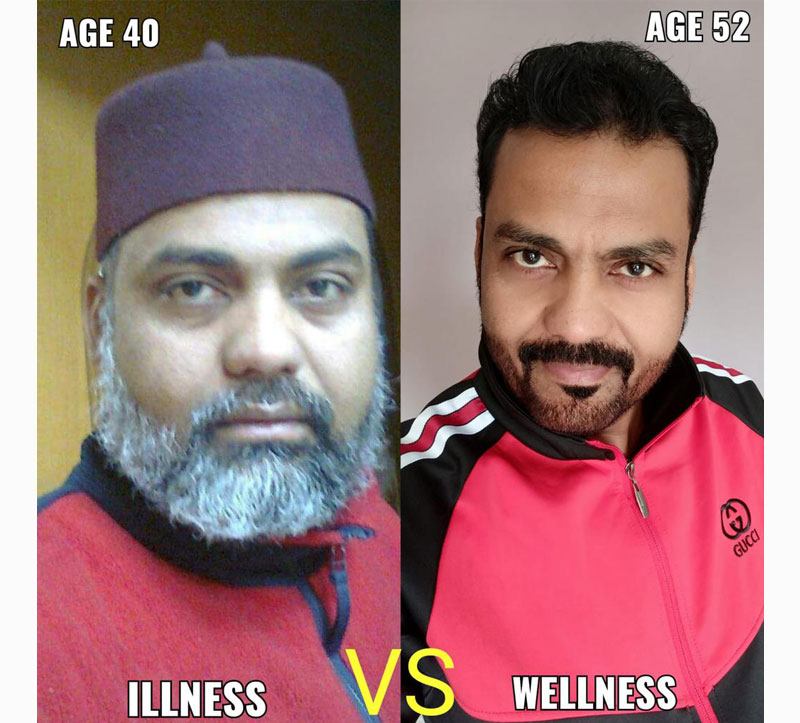When it comes to weight loss, it's important to understand that you cannot target specific areas for fat loss. This concept is commonly known as "spot reduction," and it is a myth.
When you lose weight, your body determines where it will burn fat based on factors like genetics, hormones, and individual body composition. Fat loss tends to occur proportionally across the body, rather than in specific areas. This means that as you lose weight, you may notice changes in various parts of your body, including areas where you may want to see more significant results.
To promote overall fat loss, it's crucial to focus on creating a calorie deficit through a combination of a balanced diet and regular exercise. This approach helps to reduce body fat throughout your entire body, including areas that may be of particular concern. Combining cardiovascular exercises, such as brisk walking or running, with strength training exercises can help increase calorie burning and promote overall fat loss.











